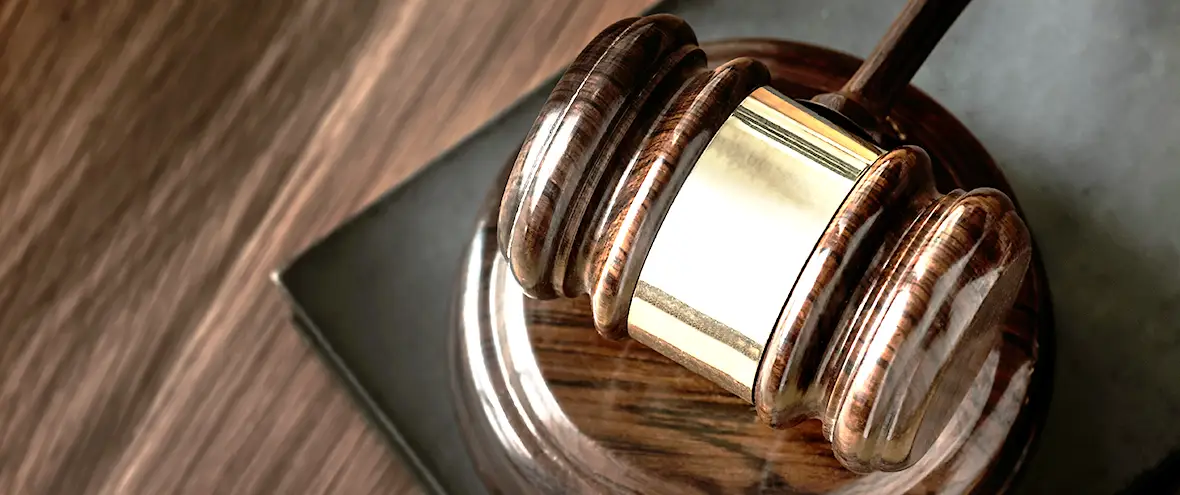Forensic Toxicology Expertise for Personal Injury and Overserving Cases
The experience and knowledge gained from over 29 years of criminal forensic toxicology cases at the Centre of Forensic Sciences has provided James Wigmore with the unparalleled skills required for personal injury and overserving litigation. His unique background is directly applicable to civil cases where intoxication is a factor.
He can calculate the Blood Alcohol Concentration (BAC) of an individual from various sources, including:
- Breath testing results
- Hospital serum records
- Postmortem toxicology reports
A critical part of this process is evaluating the validity and reliability of these results, a topic he has extensively researched and published on. From these precise calculations, he can then retroactively determine the person’s BAC at the exact time of the incident, whether it was a motor vehicle collision, a slip and fall, a pedestrian accident, or another traumatic event.
Determining Impairment and Contributing Factors
A core function of our forensic analysis is to determine whether an individual’s calculated blood alcohol level would have caused significant impairment. This assessment is crucial for establishing whether intoxication directly contributed to the incident. This scientific evaluation forms a foundational element of liability in many personal injury claims.
Our impairment analysis examines:
- Cognitive function degradation
- Motor skill impairment levels
- Reaction time delays
- Visual tracking capabilities
- Decision-making capabilities

James Wigmore has testified in more than 700 criminal cases across Canada, along with numerous civil proceedings and coroner’s inquests.

Establishing Overserving Liability in Hospitality Cases
Furthermore, our analysis provides critical insight for overserving lawsuits. We determine whether the individual would have displayed obvious signs of alcohol intoxication to servers or bartenders. Through precise calculations of total alcohol consumption at the establishment, we can forensically determine whether the venue continued to serve alcohol to a visibly intoxicated patron – the legal definition of overserving.
Key indicators we assess include:
- Estimated total alcohol consumption
- Behavioural markers of visible intoxication
- Timeline of alcohol service
- Patron behaviour patterns
- Server recognition of intoxication signs
Proven Expertise in Personal Injury Litigation
Since retiring from the Centre of Forensic Sciences, Mr. Wigmore has authored nearly 100 forensic toxicology reports for many of Canada’s major personal injury law firms. His expertise is sought after for its scientific rigour and clarity for juries, qualities exemplified in his authoritative text, Wigmore on Alcohol.
He has provided compelling testimony in several jury trials, including the notable Dumencu case, which involved the death of a dentist in a tavern parking lot. This case exemplifies the complex interplay of intoxication, establishment responsibility, and tragic outcomes that define overserving litigation. His analysis was instrumental in the outcome, demonstrating the real-world impact of expert forensic testimony in personal injury cases.
The Wigmore on Alcohol Advantage for Your Firm
Choosing James Wigmore means engaging a expert with a proven track record in both the laboratory and the courtroom. Our reports are known for being:
- Scientifically Defensible: Based on accepted methodologies and peer-reviewed research.
- Clear and Concise: Written to be easily understood by legal professionals and juries alike.
- Actionable: Providing the precise analysis needed to build a strong case for liability or defence.
For your next case involving a personal injury where alcohol may be a factor, or a claim against an establishment for overserving, secure the expert advantage. Contact us to discuss how our forensic toxicology services can support your litigation strategy.
The Wigmore on Alcohol Advantage
Trusted Expertise for Complex Alcohol-Related Cases
Partner with James Wigmore—an expert whose scientifically defensible, clearly written, and courtroom-proven reports provide the decisive insights your firm needs for personal injury or overserving cases.
Discuss Your Case with Our Forensic Team!Strengthen your litigation strategy with evidence that stands up in court.
